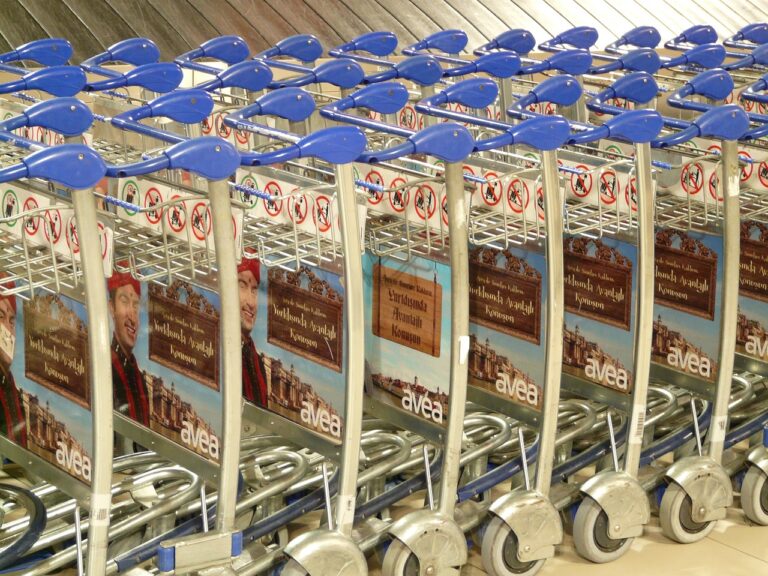The Future of Retail Workforce: Automation and Job Displacement Concerns
Automation in the retail industry has presented a multitude of challenges for businesses, both big and small. One of the primary obstacles faced is the initial cost of implementing automated systems. From purchasing the necessary equipment to integrating new software, the financial investment required can be significant. This expenditure can be a deterrent for retailers, especially those operating on tight budgets.
Moreover, the rapid advancements in technology mean that retailers constantly need to update and upgrade their automated systems to stay competitive. This continuous need for innovation can be daunting for businesses, as it requires a commitment to regularly invest in new technologies. Furthermore, the need for ongoing staff training to operate and maintain these automated systems adds another layer of complexity to the challenges faced by retailers in this swiftly evolving landscape.
Impact of Technology on Retail Jobs
Technology in the retail industry has undeniably revolutionized the way businesses operate, with automation playing a crucial role in streamlining various processes. As retailers increasingly adopt advanced technologies like self-checkout kiosks, inventory management systems, and online shopping platforms, the nature of retail jobs is undergoing a significant transformation. While these innovations have the potential to enhance efficiency and improve customer experiences, they also raise concerns about the future of human workers in the industry.
One of the key impacts of technology on retail jobs is the displacement of traditional roles by automated systems. Tasks that were previously carried out by human employees, such as manual stocktaking and cash register operations, are now being automated to reduce costs and increase speed. This shift towards machine-led processes has led to a decrease in the demand for certain low-skilled retail positions, prompting concerns about job security and the livelihoods of workers who may face redundancy as a result of technological advancements in the sector.
Automation vs. Human Workers in Retail
The debate between automation and human workers in the retail industry continues to intensify as technology advances at a rapid pace. On one hand, automated systems offer efficiency and cost-effectiveness, able to perform tasks quickly and accurately. However, this raises concerns about the future of human workers in retail, as many fear that automation will lead to significant job losses.
While automation can bring about increased productivity and lower costs for retailers, there is a growing recognition of the invaluable role that human workers play in providing personalized customer service and fostering genuine connections with shoppers. Human workers possess a level of adaptability and emotional intelligence that machines currently lack, allowing them to handle complex situations and offer a degree of empathy that enhances the overall shopping experience. As the retail landscape evolves, finding the right balance between automation and human workers will be crucial in maintaining a competitive edge while prioritizing the well-being of employees.





